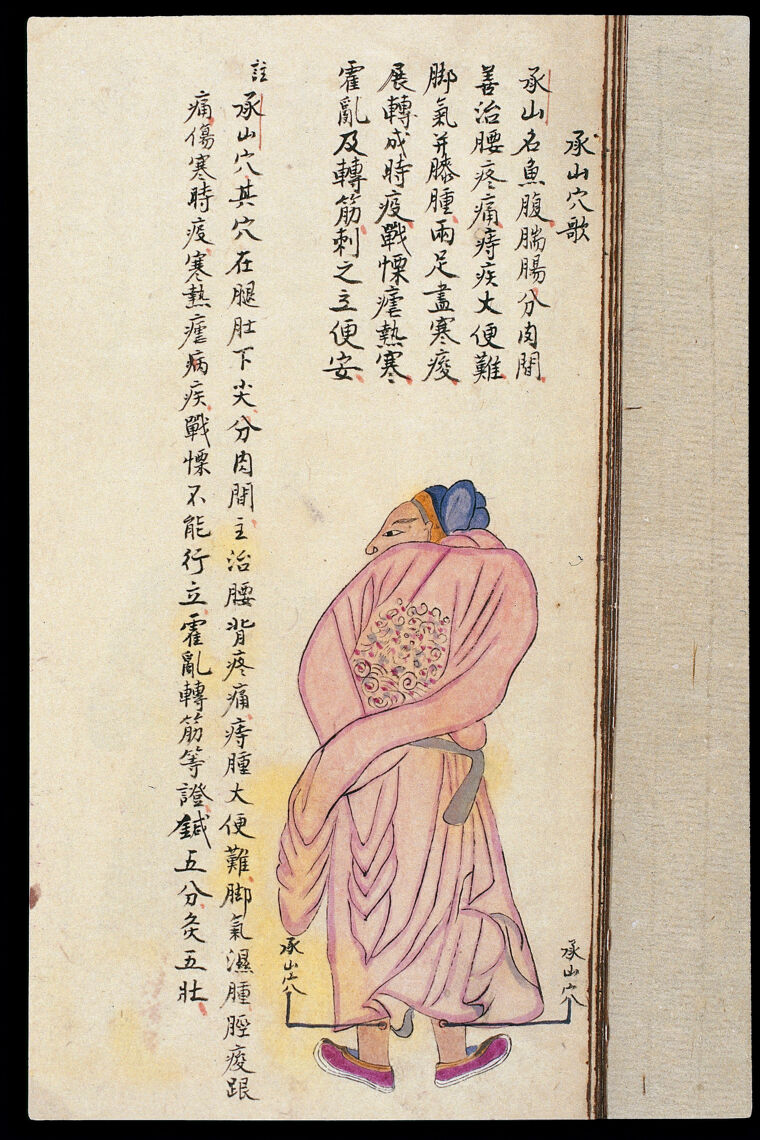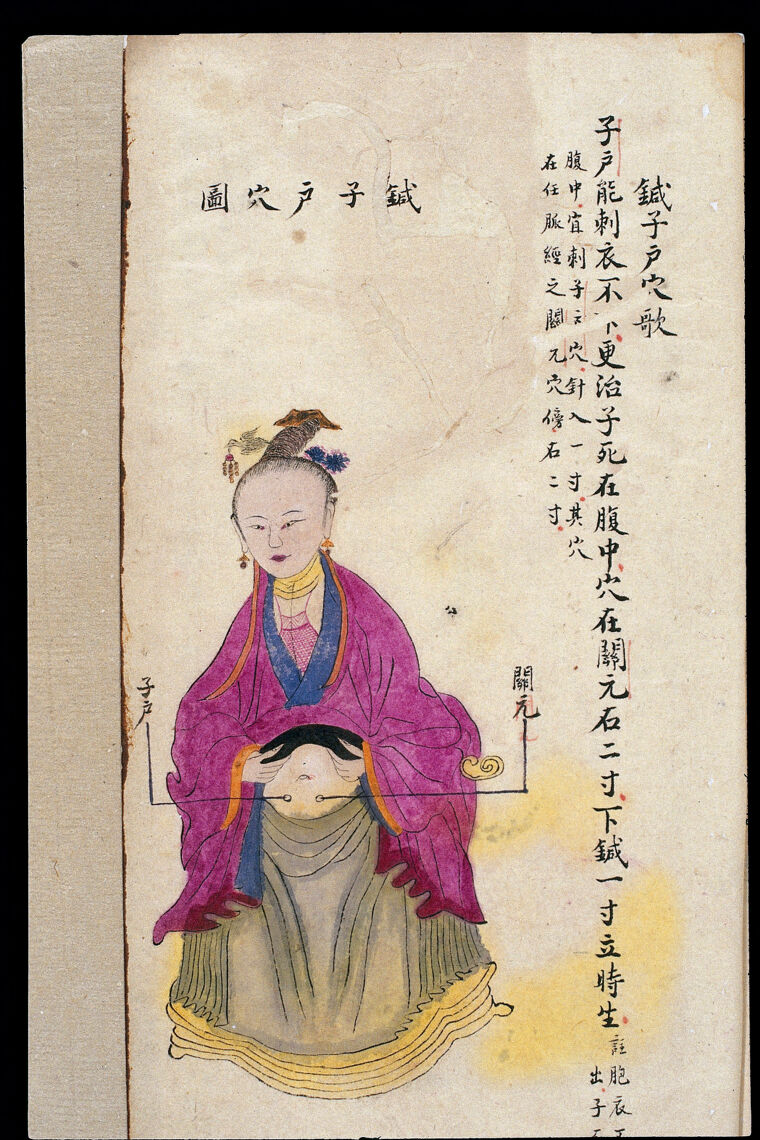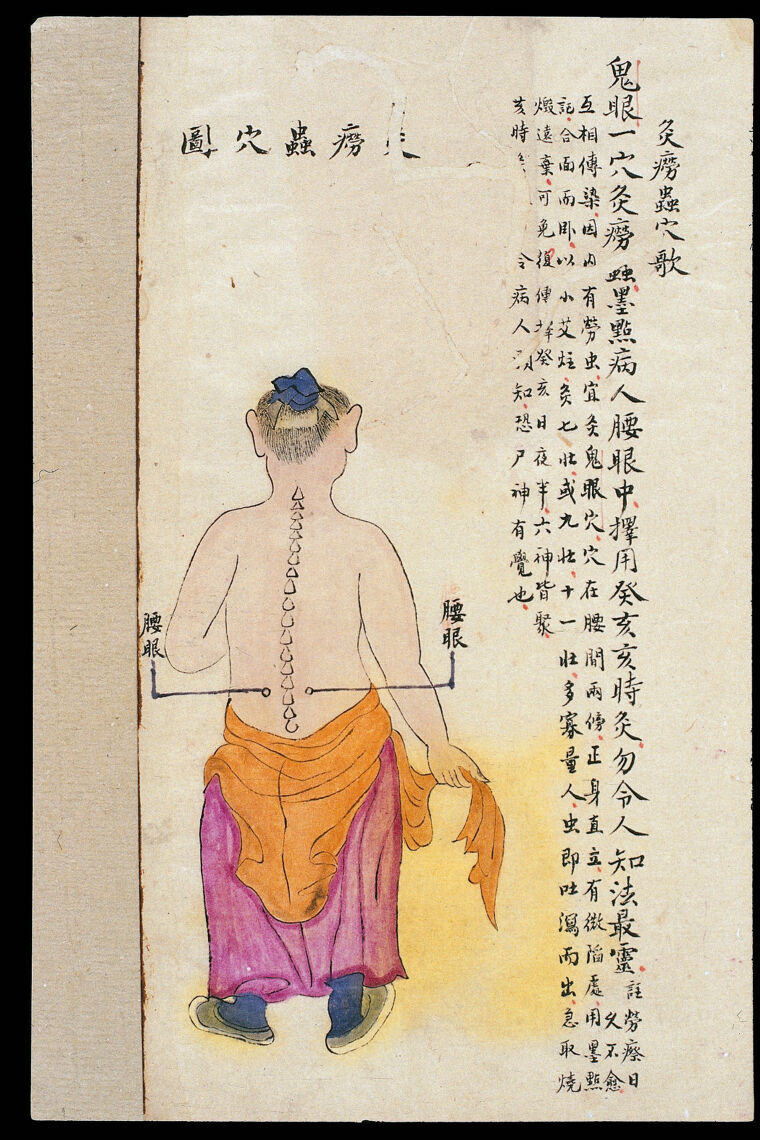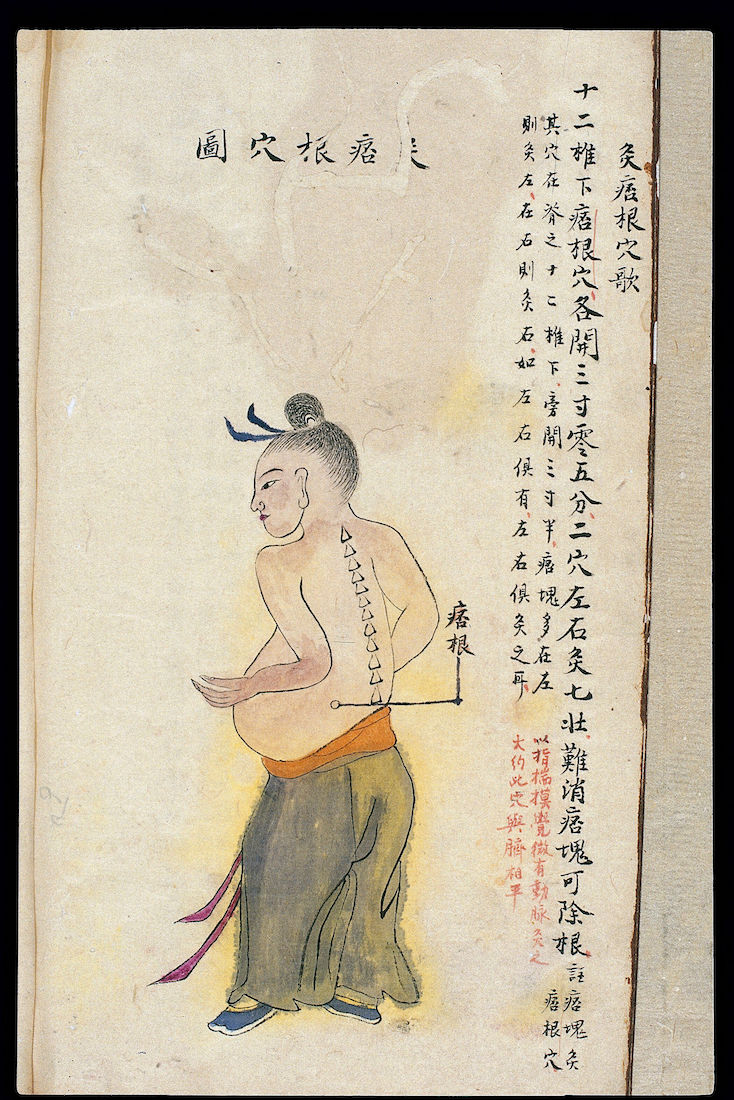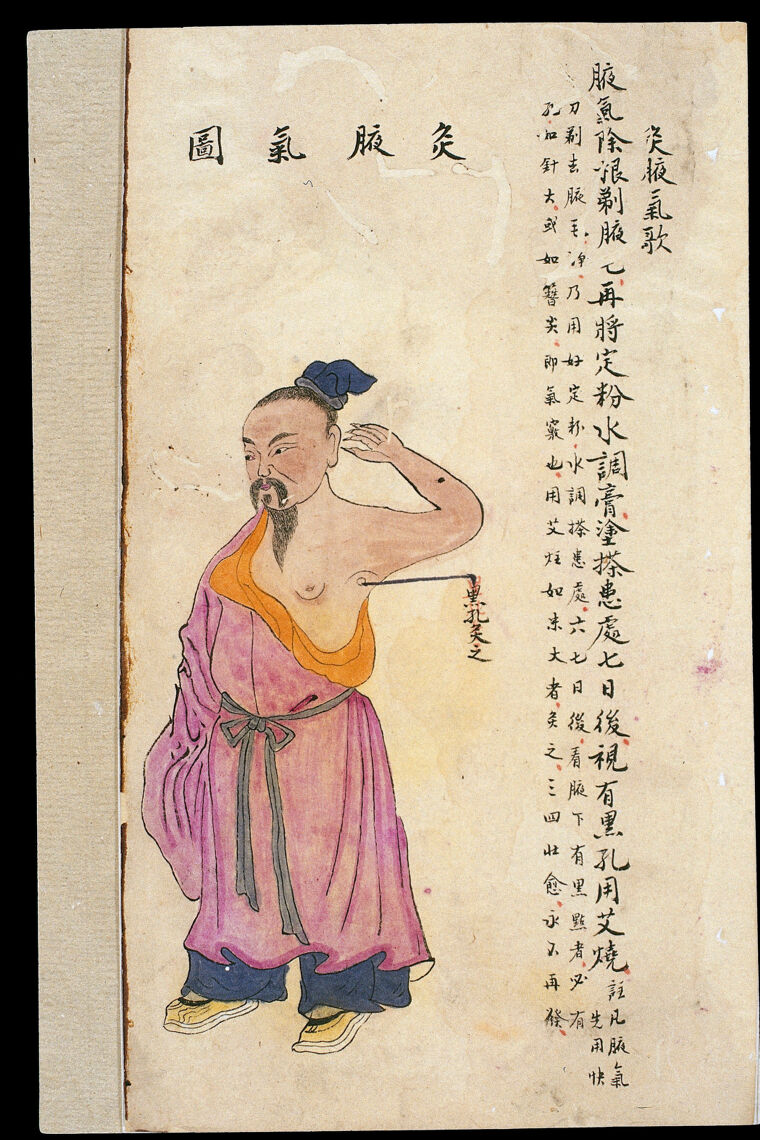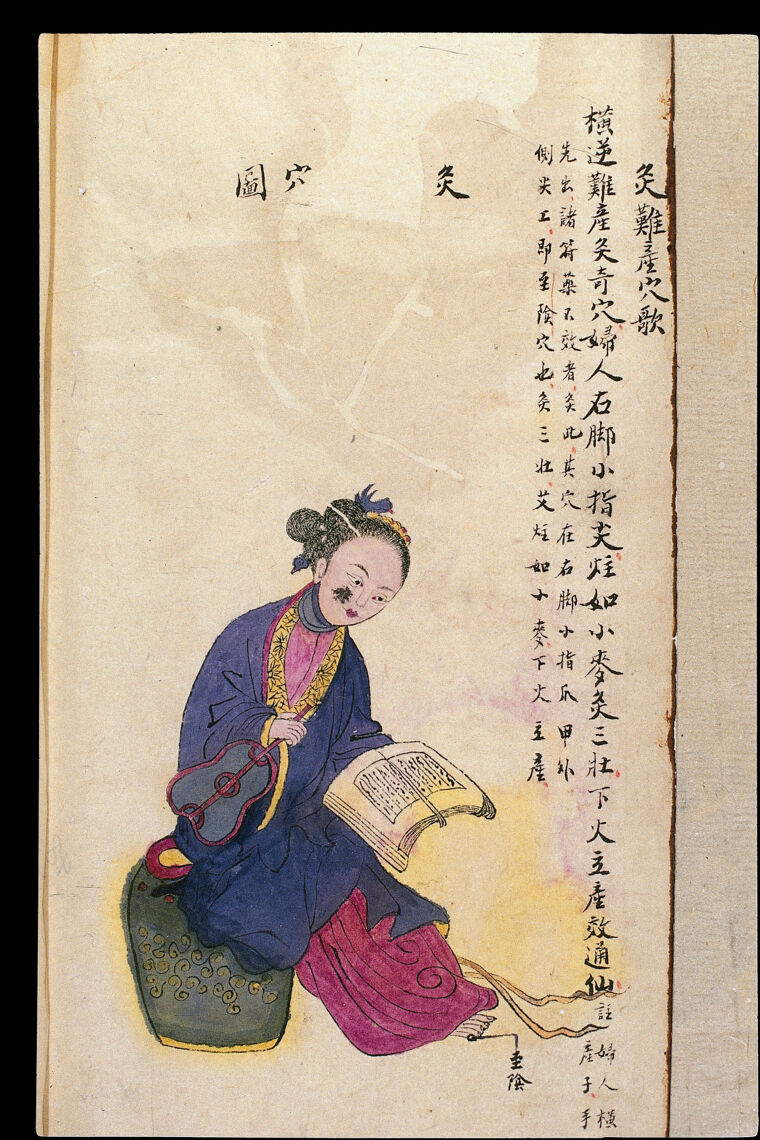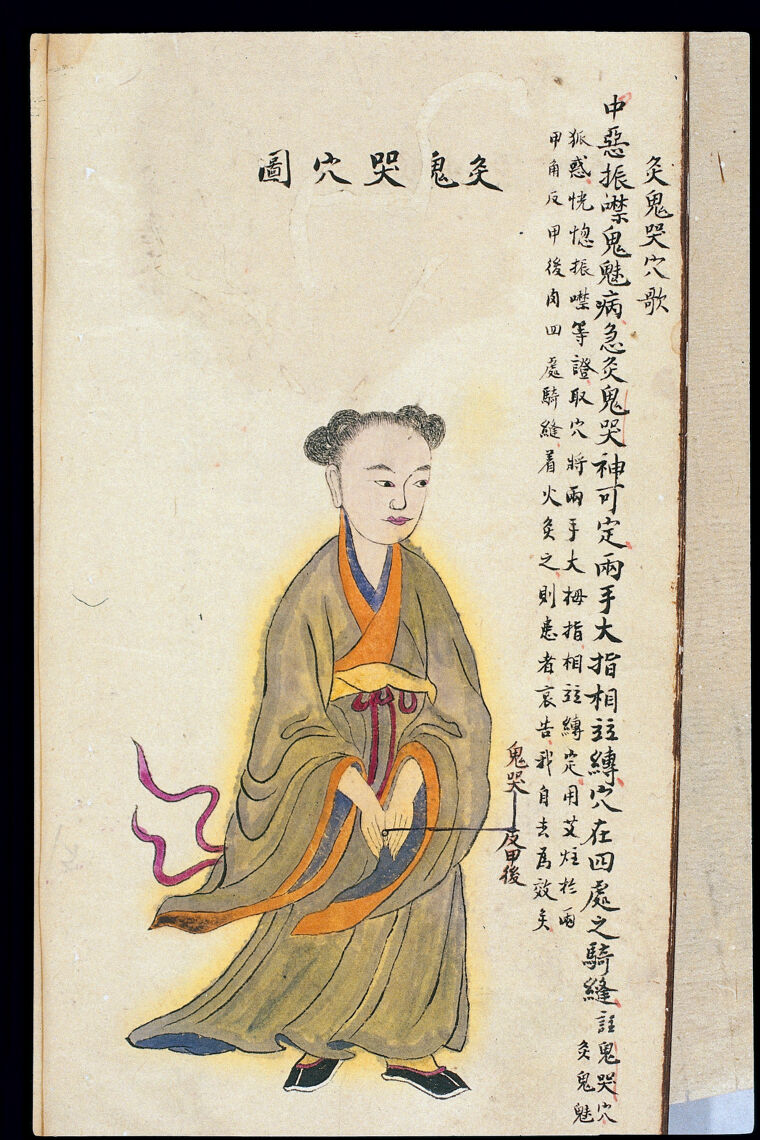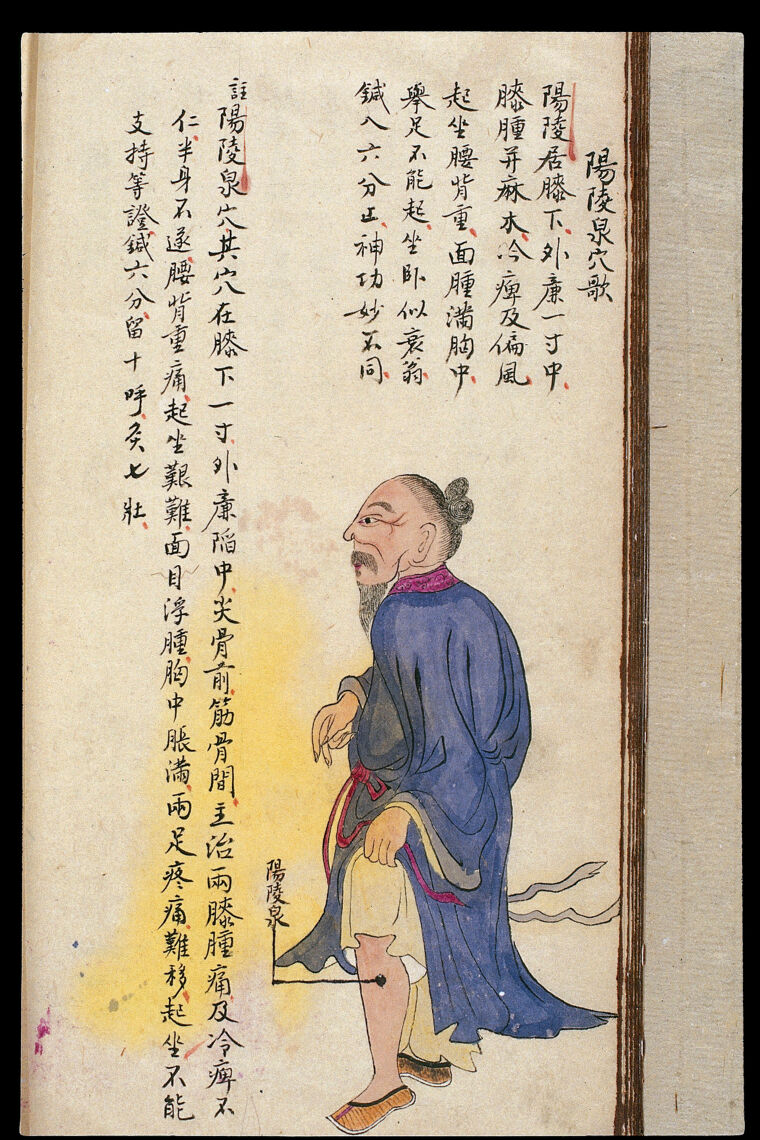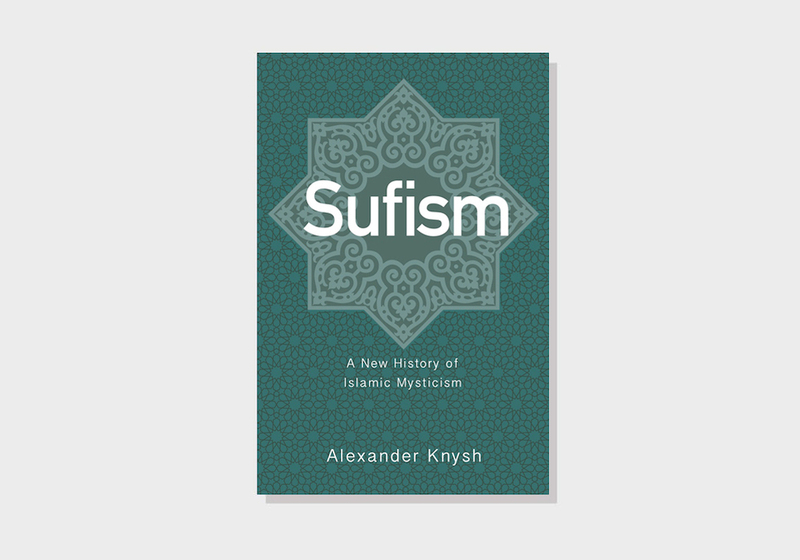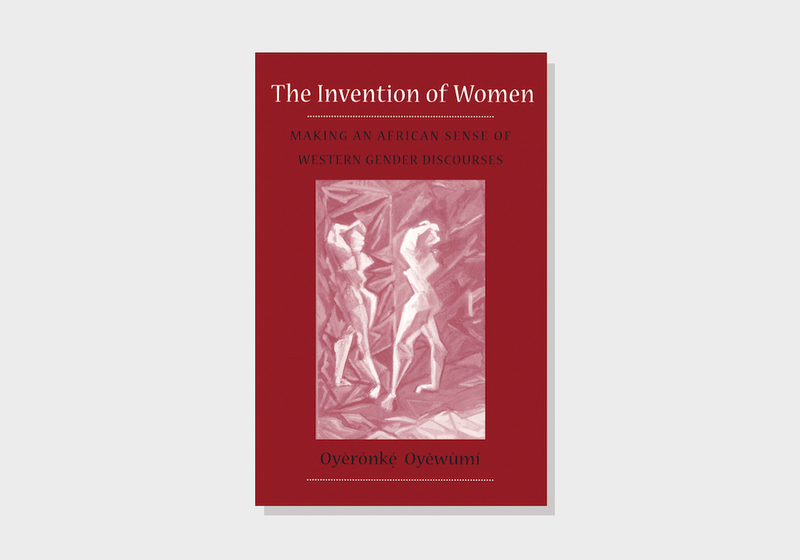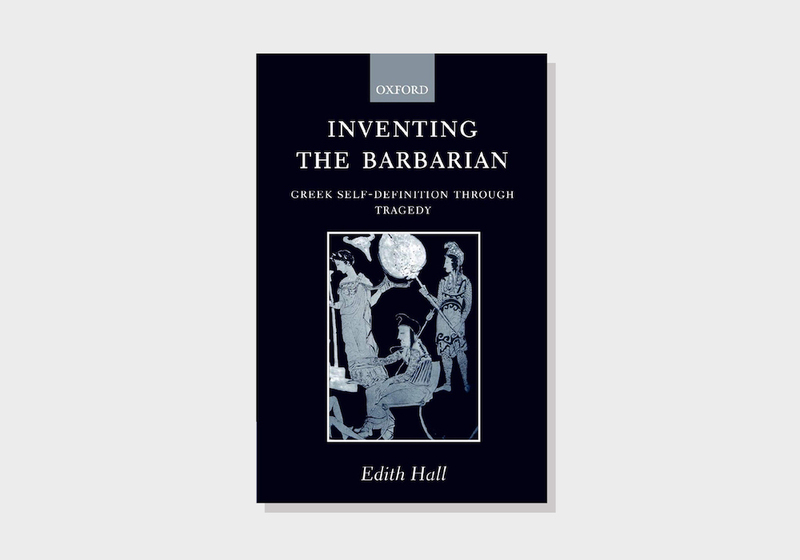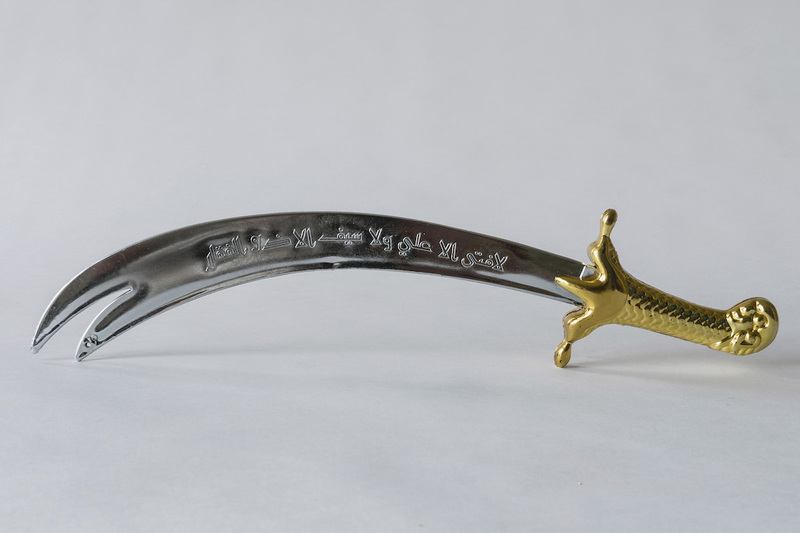Wellcome Collection
Did you know that anger and misery can injure your liver, and that grief can affect your lungs? Traditional Chinese medicine has always observed connections between human psyche and the body, as well as their deeper relation to the cosmos. We offer you an introduction to this system through a fragment from Huangdi Neijing, or The Yellow Emperor’s Classic of Medicine, an ancient medical treatise compiled, according to different scholars, between the 5th century BCE and the 3rd century CE.
Ni, Maoshing, trans. The Yellow Emperor’s Classic of Medicine: A new translation of the Neijing Suwen with commentary. Boston: Shambhala, 1995.
Huang Di said:
The three months of the spring season bring about the revitalization of all things in nature. It is the time of birth. This is when heaven and earth are reborn. During this season it is advisable to retire early. Arise early also and go walking in order to absorb the fresh, invigorating energy. Since this is the season in which the universal energy begins anew and rejuvenates, one should attempt to correspond to it directly by being open and unsuppressed, both physically and emotionally.
On the physical level it is good to exercise more frequently and wear loose-fitting clothing. This is the time to do stretching exercises to loosen up the tendons and muscles. Emotionally, it is good to develop equanimity. This is because spring is the season of the liver, and indulgence in anger, frustration, depression, sadness, or any excess emotion can injure the liver. Furthermore, violating the natural order of spring will cause cold disease, illness inflicted by atmospheric cold, during summer.
In the three months of summer there is an abundance of sunshine and rain. The heavenly energy descends, and the earthly energy rises. When these energies merge there is intercourse between heaven and earth. As a result, plants mature and animals, flowers, and fruit appear abundantly.
One may retire somewhat later at this time of year, while still arising early. One should refrain from anger and stay physically active, to prevent the pores from closing and the qi qi "Qi" can be translated as "breath" and in this context stands for vital energy that flows within and around one's body as well as across the universe: apart from human qi, there is earthly qi and heavenly qi.from stagnating. One should not overindulge in sex, although one can indulge a bit more than in other seasons.
Emotionally, it is important to be happy and easygoing and not hold grudges, so that the energy can flow freely and communicate between the external and the internal. In this way illness may be averted in the fall. The season of fire and heart also encompasses late summer, which corresponds to the earth element. Problems in the summer will cause injury to the heart and will manifest in the autumn.
Wellcome Collection
In the three months of autumn, all things in nature reach their full maturity. The grains ripen and harvesting occurs. The heavenly energy cools, as does the weather. The wind begins to stir. This is the changing or pivoting point when the yang, or active phase, turns into its opposite, the yin, or passive phase. One should retire with the sunset and arise with the dawn. Just as the weather in autumn turns harsh, so does the emotional climate. It is therefore important to remain calm and peaceful, refraining from depression so that one can make the transition to winter smoothly.
This is the time to gather one's spirit and energy, be more focused, and not allow desires to run wild. One must keep the lung energy full, clean, and quiet. This means practicing breathing exercises to enhance lung qi. Also, one should refrain from both smoking and grief, the emotion of the lung. This will prevent kidney or digestive problems in the winter. If this natural order is violated, damage will occur to the lungs, resulting in diarrhea with undigested food in winter. This compromises the body's ability to store in winter.
During the winter months all things in nature wither, hide, return home, and enter a resting period, just as lakes and rivers freeze and snow falls. This is a time when yin dominates yang. Therefore one should refrain from overusing the yang energy. Retire early and get up with the sunrise, which is later in winter. Desires and mental activity should be kept quiet and subdued. Sexual desires especially should be contained, as if keeping a happy secret. Stay warm, avoid the cold, and keep the pores closed. Avoid sweating. The philosophy of the winter season is one of conservation and storage. Without such practice, the result will be injury to the kidney energy. This will cause wei jue, consisting of weakness, atrophy of muscles, and coldness in spring, manifesting as paralysis, flaccid syndrome, arthritis, or degeneration of the bones and tendons. This is because the body has lost its ability to open and move in the spring.
So the full cycle can be seen. Spring is the beginning of things, when the energy should be kept open and fluid; summer opens up further into an exchange or communication between internal and external energies; in the fall it is important to conserve; finally, the winter is dominated by the storage of energy.
Wellcome Collection
Huang Di continued:
The heavenly energy is bright and clear, continually circulates, and has great virtue. This is because it does not radiate its brilliance, for if it did proclaim itself, neither the sun nor the moon would be visible. People should follow the virtuous way of heaven, not exposing their true energy. In this way they will not lose it or be subject to attacks of evil energies, which produce illness in the body. If the body is attacked by evil energy, its own energy will become stuck, just as when the clouds cover the sky, obscuring the sun and moon and causing darkness.
The heavenly energy naturally circulates and communicates with the earth's energy; the heavenly energy descends and the earthly energy ascends. When this intercourse takes place and these energies merge, the result is a balance of sunshine and rain, wind and frost, and the four seasons. If the heavenly energy becomes stuck, sunshine and rain cannot come forth. Without them, all living things cease to be nourished and lose their vitality, and imbalance manifests as storms and hurricanes; severe and harsh weather disrupts the natural order, causing chaos and destruction.
In the past, the sages were able to observe the signs and adapt themselves to these natural phenomena so that they were unaffected by exogenous influences, or “evil wind,” and were able to live long lives. If one does not follow the play of the elemental energies according to the seasons, the liver energy will stagnate, resulting in illness in spring. In summer, the heart energy becomes empty and the yang energy is exhausted. During the autumn there will be congestion of the lung energy. In winter, the kidney will be drained of jingjingIn traditional Chinese medicine, the kidneys store the foundation of life, an essence called "Jing." This kidney essence is regarded as essential for reproduction, growth, and development..
The transformation of yin and yang in the four seasons is the basis of the growth and the destruction of life. The sages were able to cultivate the yang energy in spring and summer and conserve the yin energy in autumn and winter. By following the universal order, growth can occur naturally. If this natural order is disregarded, the root of one's life will be damaged and one's true energy will wane.
Therefore, the change of yin and yang through the four seasons is the root of life, growth, reproduction, aging, and destruction. By respecting this natural law it is possible to be free from illness. The sages have followed this, and the foolish people have not.
In the old days the sages treated disease by preventing illness before it began, just as a good government or emperor was able to take the necessary steps to avert war. Treating an illness after it has begun is like suppressing revolt after it has broken out. If someone digs a well when thirsty, or forges weapons after becoming engaged in battle, one cannot help but ask: “Are not these actions too late?”
